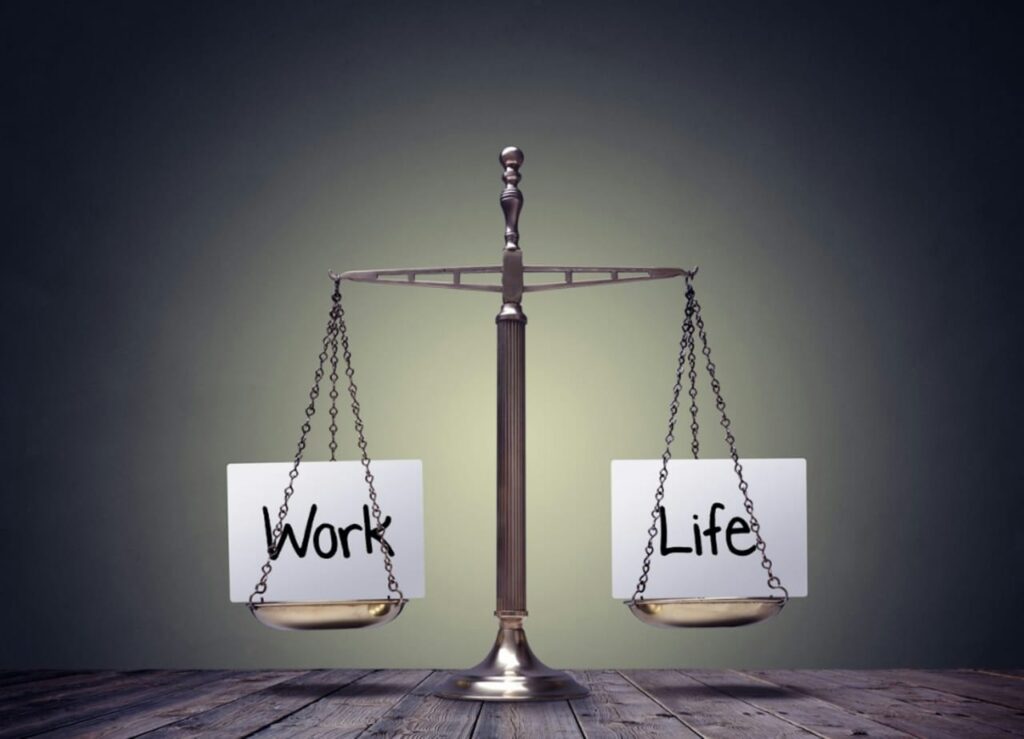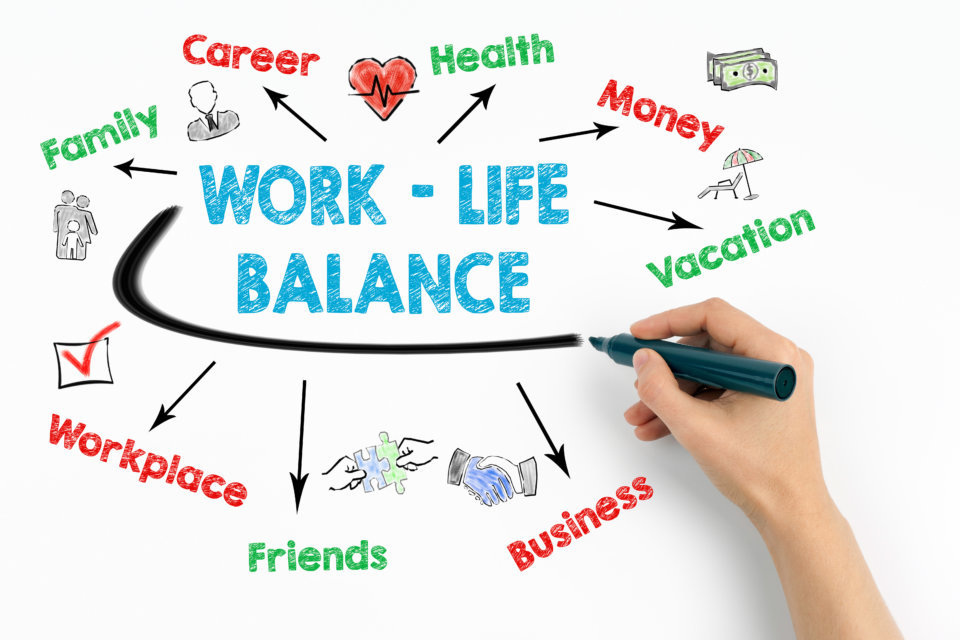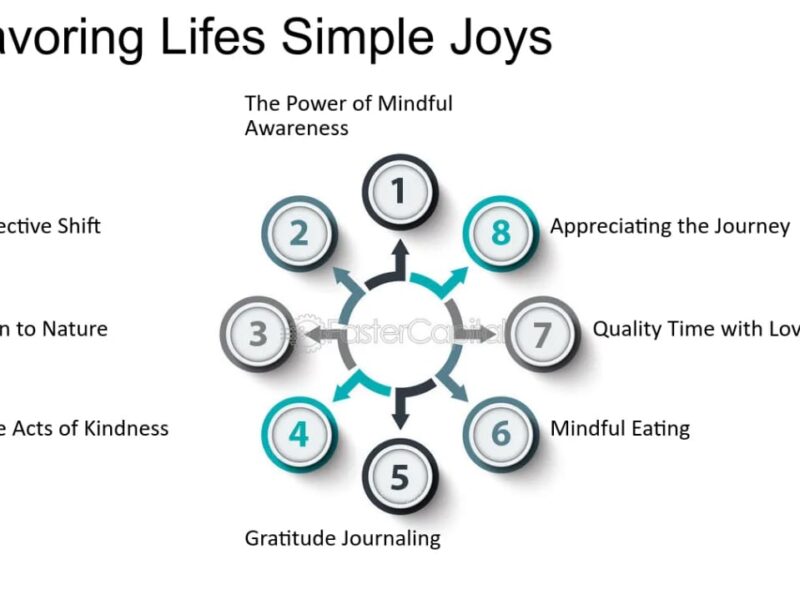In today’s fast-paced world, achieving a healthy work-life balance can often seem like an impossible task. With increasing demands from our professional and personal lives, the line between work and rest is blurring, leading to stress and burnout. However, finding harmony is essential not only for our mental and physical well-being, but also for our long-term productivity and happiness. This article will explore the importance of work-life balance, the challenges many face, and practical strategies to achieve a more harmonious life.

1. Understanding Work-Life Balance
Work-life balance refers to the balance between time and energy allocated to work responsibilities and personal activities. In a balanced life, neither work nor personal life takes precedence, which enables an individual to realize both professional ambitions and personal fulfillment. Achieving this balance does not mean dividing work time and free time evenly, but rather finding a harmonious combination that will suit your personal and professional needs. Everyone’s definition of balance will vary depending on career demands, personal goals and values. For some, balance may mean working fewer hours and spending more time with family, while for others it may involve pursuing hobbies alongside a career.
2. The current challenge of reconciling work and private life
In the digital age, the issue of work-life balance has intensified. The boundaries between work and personal time are blurring, mainly thanks to technology that allows us to be constantly connected. Emails, messages and tasks can reach us anywhere and anytime, contributing to a 24/7 work culture.
Working from home, which has become more common after the COVID-19 pandemic, has also contributed to this challenge. While working from home offers flexibility, it often leads to longer working hours as the physical boundary between the office and home disappears. Many people try to disconnect from work, making it harder to fully engage in their personal lives.
Recognizing the Signs of Imbalance
Before you can achieve balance, it is important to recognize the signs of imbalance in your life. Imbalances can manifest in physical and emotional ways, affecting your well-being and relationships. Common symptoms of an unhealthy work-life balance include:

A. Chronic stress
Feeling overwhelmed by work tasks or personal responsibilities is a major sign of imbalance. If stress becomes a constant in your life, it can lead to burnout, mental health issues, and physical illness.
B. Reduced productivity
Contrary to popular belief, working longer hours does not always translate into increased productivity. In fact, overworking can reduce focus, creativity, and efficiency. If you find yourself less productive despite working more, it could be a sign that you need to reassess your work-life balance.
C. Strained relationships
When work takes up too much of your time, your personal relationships can suffer. Whether you miss family events or are emotionally unavailable to loved ones, strained relationships are a sign that you need to focus more on your personal life.
D. Neglecting self-care
If you constantly prioritize work over your health and well-being, this is a clear sign of imbalance. Self-care, such as regular exercise, proper nutrition and leisure activities, is essential to maintaining overall fitness.
Recognizing these symptoms early can help you take action before your health and happiness are significantly affected.


